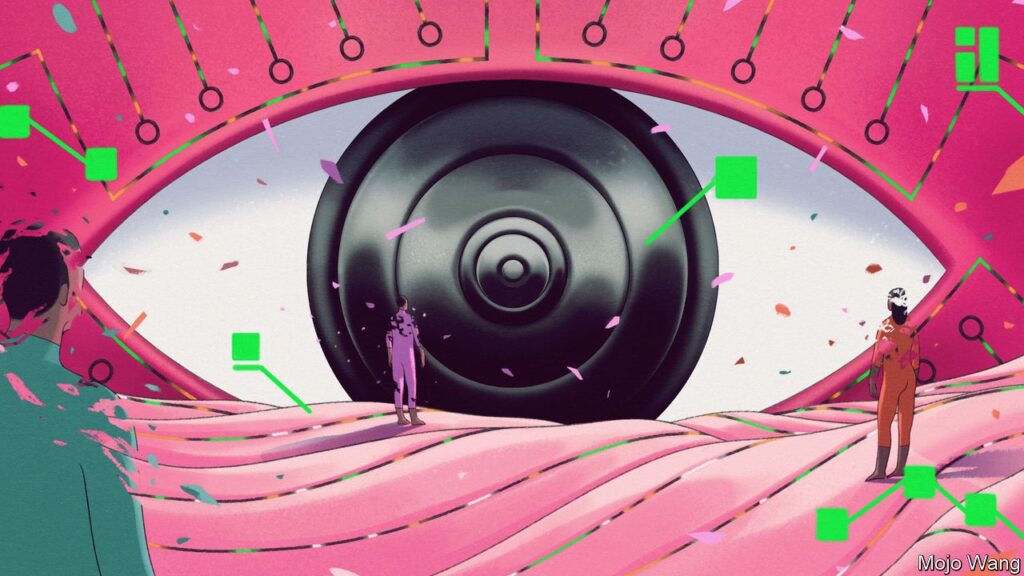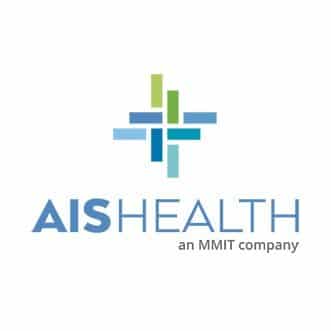They are rapidly becoming an important part of health care.
Though chronic-care apps are likely to become the blockbuster category of digital therapeutics, some of the most exciting innovation is directed at less common health problems, including some debilitating conditions for which existing therapies are of limited benefit. One example is Freespira, a digital therapy for panic attacks and post-traumatic stress disorder. It consists of a breathing sensor placed in the nose and connected to a tablet that patients use twice a day for four weeks. People with panic disorders breathe in a particular way that leads to a build-up of carbon dioxide, thought to set off the physiological chain that causes panic.
Freespira trains them to normalise their breathing. Acacia Parks, a user whose panic attacks began when her husband was hospitalised after a car accident, is a trained psychologist. She says current treatments available for panic are awful. “You’re essentially pushing yourself towards the thing that’s causing your panic, so that you could purposely induce a panic attack and then learn to cope with it. Nobody wants to do that.” Several clinical trials, though small, suggest that most users have decreased symptoms or are in remission after six months or longer. Ms Parks says the app has helped her a lot.
Click here for the full article



